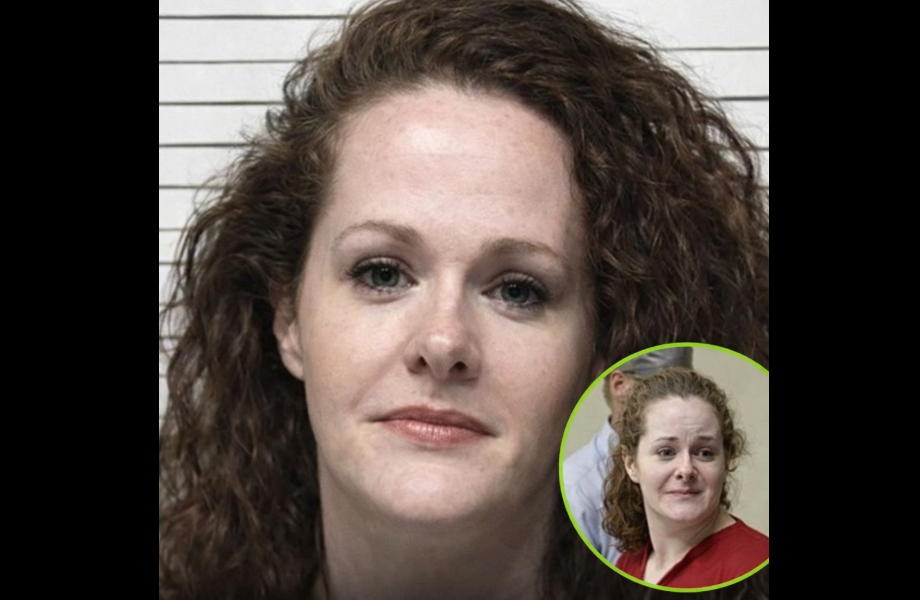Sophia and her husband, James, had shared more than ten years of marriage. James poured his energy into his work, though he often found handling finances challenging. Sophia, with her natural talent for organization and budgeting, excelled in this area. When they bought their first home, they decided to place the mortgage in Sophia’s name for simplicity. During a sincere discussion, they sealed a handshake agreement: once the house was fully paid, they would share ownership equally. This promise was rooted in trust, love, and their shared vision as partners.
Over the years, they both dedicated themselves to their goals. Sophia managed the household expenses, while James advanced in his career. Gradually, the milestone arrived when they made the final mortgage payment. Sophia felt immense joy—the home represented their shared journey of love, aspirations, and resilience.
One afternoon, while organizing the mail, Sophia spotted an envelope addressed to James. The sender, a lawyer, piqued her curiosity. With a cautious heart, she opened it. The contents sent a chill through her. The documents weren’t about a legal dispute James faced but indicated he was pursuing sole ownership of their home.
Sophia’s thoughts spiraled. This wasn’t merely about finances—it was about their trust. She struggled to comprehend why James would act behind her back after their mutual commitment. That evening, when she confronted him, her voice quivered with sorrow rather than anger.
James admitted he hadn’t intended to exclude her from ownership. He explained that he had received private advice to ensure their financial security as a couple. Fearing her misinterpretation, he had avoided discussing it with her. Yet, this miscommunication had created a profound divide between them.






